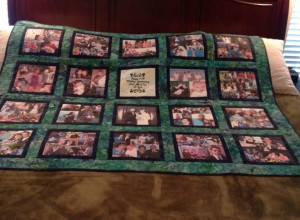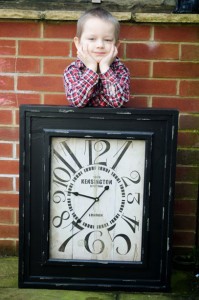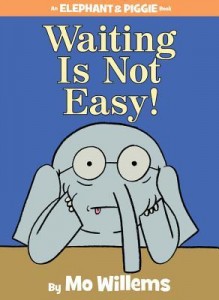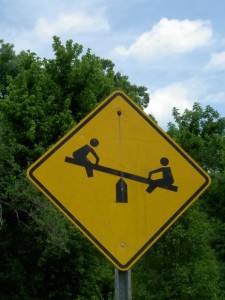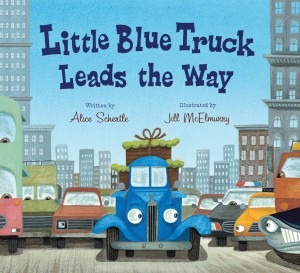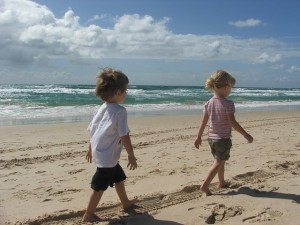Have you heard of the “intergenerational self” and how it helps with children’s early emotional development? Family is a major factor.
On the weekend, an aunt and uncle in my family, celebrated their 60th wedding anniversary. Besides the cake, the greetings, the visiting, and the gifts, there were the stories. Many family members and friends had wonderful anecdotes about the couple. Together, we all smiled, laughed, groaned, and even wiped something in our eyes.
As a child, I remember being at events like this. Since, I saw some of the people only occasionally, I wasn’t all the interested in who they were and forgot their names. I’m sure many of the little ones at the party felt the same way I used to. Still and all, these get togethers are a powerful way to support children’s emotional and social development. In Dr. Duke’s words, “The ones who know a lot about their families tend to do better when they face challenges.”
In the article, The Family Stories That Bind Us, Dr. Sara Duke explains that creating a connection to others and family history contribute to a child’s sense of belonging. This is a deep emotional need for all of us. The stories of ancestors gives kids a perspective of being part of something beyond just the present and themselves. Over the years, these form an inner resource to later help children thru tough times.
One of the gifts my aunt and uncle received was a memory quilt. A cousin printed photo collages onto fabric and sewed the squares together. What a treasure, and we all admired it. Of course, the real treasure is the connection , no matter our age.
For a play-of-the-day, can you tell your child a story about the family, look at some photos, visit someone, or call on the phone? Perhaps, this will be important, for you too?


